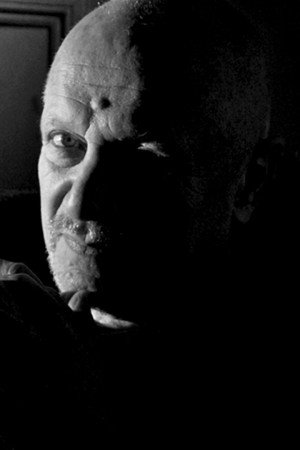I thought this was half a good episode.
The math portion, explaining how very large numbers, and even infinite infinities must exist, made a lot of sense (except for the crackpot who thinks there's a maximum that rolls around to 0... if this actually happened then it would surely break a lot of math, because before you get to 0 you have to go through negative numbers, so at some point you're going to have an extremely positive number followed by an extremely negative one... and it DOESN'T happen, because math is what HUMANS say it is. It's an abstract tool. We're happy when it reflects physical phenomena, but there's no requirement that it do so. To have a maximum number would require a new axiom solely for that purpose, which doesn't seem to have any real benefit beyond that.)
The physics portion was poorly connected to the math, and not well explained in itself. For example, a computer doesn't generate random numbers. It generates pseudo-random (i.e. non-random) numbers. A true random number would have to be sampled from truly random (portions of) input. And monkeys have upper limits on how much they can or will type, therefore ruling out any universe where monkeys are typing the complete works of Shakespeare. They never explained why, if a universe is infinite, there must be a uniform distribution of matter within it. They never explained why, if there are multiple universes, they differ in any way, much less in a way that covers all possibile states.
I don't think the poorly-explained physics should have been included, because it makes the math look equally ridiculous, when in fact the math has been constructed to be what it is, whereas the physics is unresolved speculation about what might be.
Reviewed on March 26, 2016

